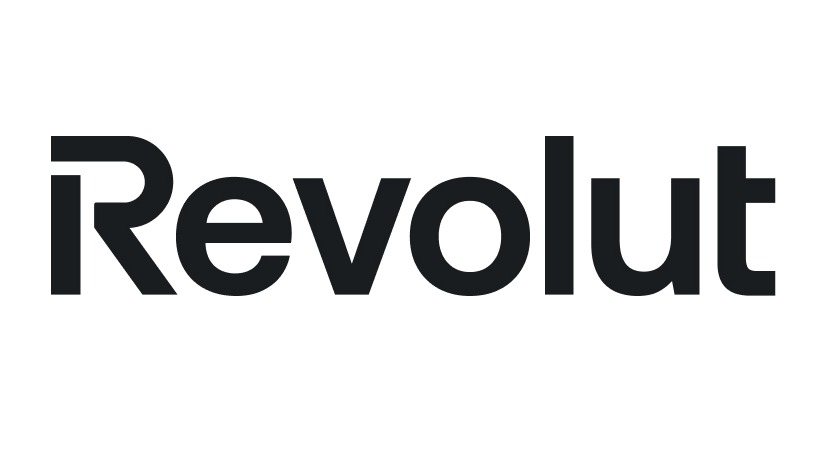Payment processing giant Mastercard has agreed to pay $26 million to settle claims that it systematically underpaid female, Black, and Hispanic employees across the US, according to court documents filed on Tuesday.
The proposed settlement, which requires court approval, covers approximately 7,500 workers and includes commitments by the company to reform its employment practices through annual pay audits and workplace bias assessments.
The lawsuit, filed in the U.S. District Court for the Southern District of New York, alleges that Mastercard routinely placed women and workers of colour into lower-paying positions despite their qualifications. According to the legal filing, in 2023 Black and Hispanic employees' median pay was 94.3 per cent of that received by white employees, while women earned 96.4 per cent compared to their male colleagues.
"The non-monetary terms of the settlement will help ensure that Mastercard maintains an equitable workplace for the thousands of women and people of colour it employs," said Cara Greene, partner at Outten & Golden and lead counsel for the plaintiffs. "Settlements like this help to level the playing field and move the entire industry closer to pay equity."
As part of the agreement, Mastercard will hire external consultants to conduct annual pay audits for three years and bring in an industrial psychologist to evaluate potential bias in what the court filing describes as the company's "career ecosystem."
While agreeing to the settlement, Mastercard denied any wrongdoing. "We strongly disagree with the allegations in the litigation and believe it is in the best interest of all involved to bring this matter to a close," said Seth Eisen, a spokesperson for Mastercard. "It's essential that we have a workplace where all employees feel valued, respected and empowered to reach their greatest potential."
The settlement covers employees who worked at Mastercard from as far back as September 2016, though specific timeframes vary by state. The agreement was filed simultaneously with the lawsuit, which is a common practice that allows for formal class certification and court oversight of settlements.
Latest News
-
Gemini to cut quarter of workforce and exit UK, EU and Australia as crypto slump forces retrenchment
-
Bank ABC’s mobile-only ila bank migrates to core banking platform
-
Visa launches platform to accelerate small business growth in US
-
NatWest to expand Accelerator programme to 50,000 members in 2026
-
BBVA joins European stablecoin coalition
-
eToro partners with Amundi to launch equity portfolio with exposure to ‘megatrends’
Creating value together: Strategic partnerships in the age of GCCs
As Global Capability Centres reshape the financial services landscape, one question stands out: how do leading banks balance in-house innovation with strategic partnerships to drive real transformation?
Data trust in the AI era: Building customer confidence through responsible banking
In the second episode of FStech’s three-part video podcast series sponsored by HCLTech, Sudip Lahiri, Executive Vice President & Head of Financial Services for Europe & UKI at HCLTech examines the critical relationship between data trust, transparency, and responsible AI implementation in financial services.
Banking's GenAI evolution: Beyond the hype, building the future
In the first episode of a three-part video podcast series sponsored by HCLTech, Sudip Lahiri, Executive Vice President & Head of Financial Services for Europe & UKI at HCLTech explores how financial institutions can navigate the transformative potential of Generative AI while building lasting foundations for innovation.
Beyond compliance: Building unshakeable operational resilience in financial services
In today's rapidly evolving financial landscape, operational resilience has become a critical focus for institutions worldwide. As regulatory requirements grow more complex and cyber threats, particularly ransomware, become increasingly sophisticated, financial services providers must adapt and strengthen their defences. The intersection of compliance, technology, and security presents both challenges and opportunities.
© 2019 Perspective Publishing Privacy & Cookies














Recent Stories